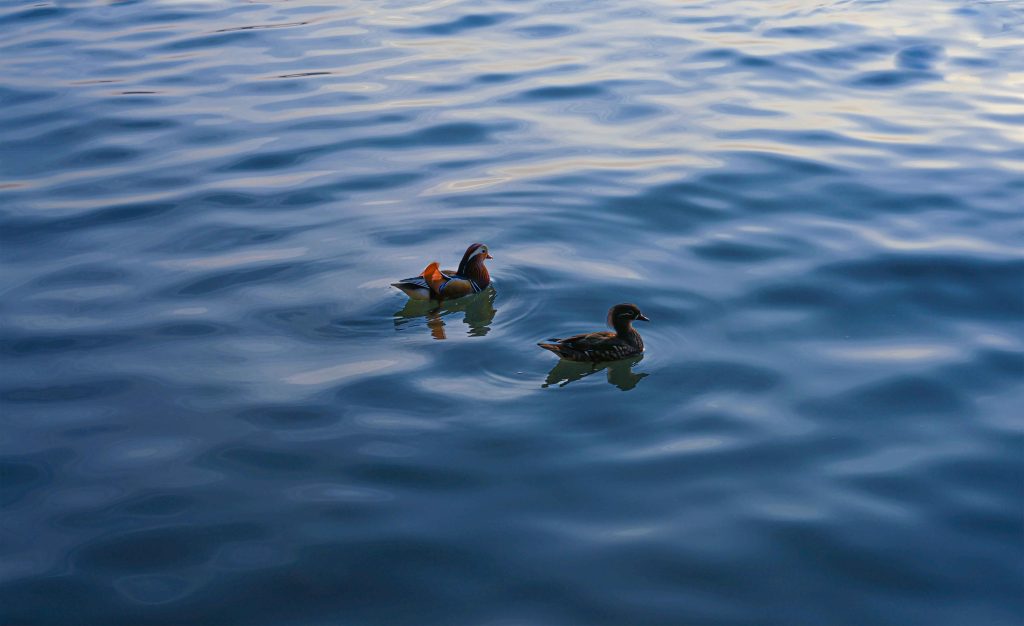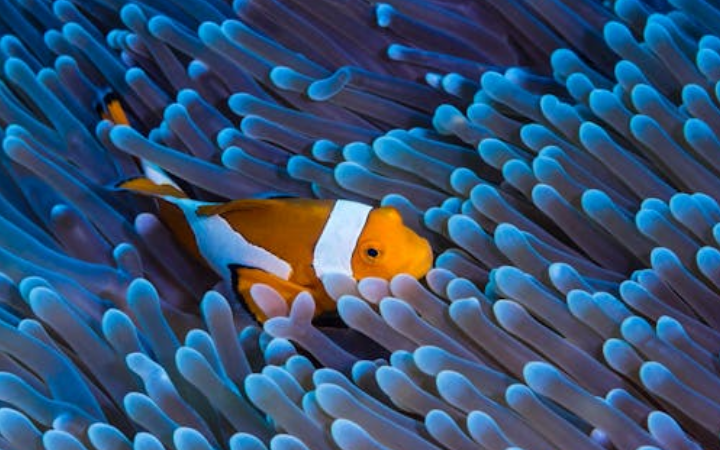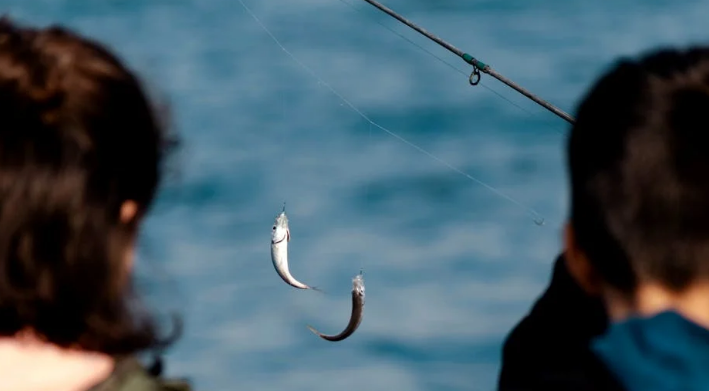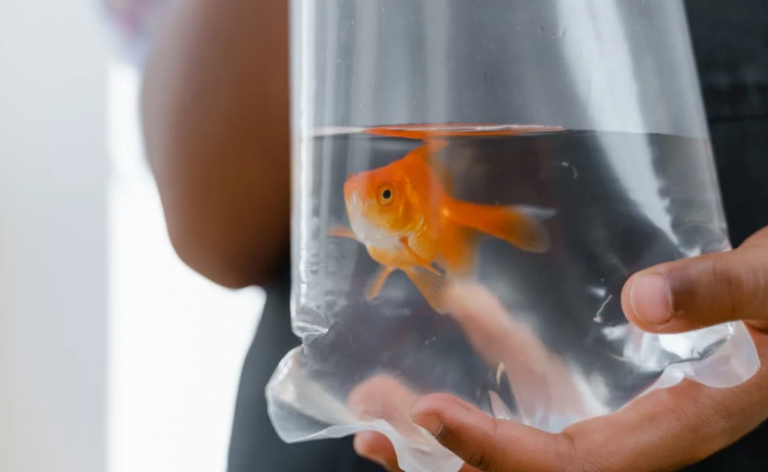Mandarin fish, known for their vibrant colors and unique patterns, are a popular species among aquarium enthusiasts. Their scientific name is Synchiropus splendidus, and they belong to the dragonet family. Despite their beauty, there’s often a concern about their toxicity. Are Mandarin Fish Poisonous? This article explores whether mandarin fish are poisonous, their characteristics, habitat, diet, and care in captivity.
Characteristics of Mandarin Fish

Appearance
Mandarin fish are small, usually measuring around 2.5 inches in length. Their bodies are adorned with a stunning array of colors, including blue, orange, green, and yellow. These colors form intricate patterns that make each fish look like a living piece of art. Their fins are also brightly colored and often have a wavy, delicate appearance.
Behavior
Mandarin fish are known for their peaceful nature. They are slow swimmers and prefer to glide gracefully through the water. These fish are shy and often hide among rocks and corals in their natural habitat. They are most active during the day and tend to rest at night.
Habitat of Mandarin Fish
Natural Habitat
Mandarin fish are native to the Pacific Ocean, particularly in regions around the Philippines, Australia, and Taiwan. They thrive in shallow, tropical reefs where the water is warm and clear. These environments provide plenty of hiding spots and a rich supply of food.
Aquarium Habitat
For those who keep mandarin fish in aquariums, it’s essential to replicate their natural habitat as closely as possible. This includes maintaining water temperatures between 75-82°F (24-28°C) and ensuring a well-established reef tank with plenty of live rocks and hiding places. Good water quality and proper filtration are also crucial.
Diet of Mandarin Fish
Natural Diet
In the wild, mandarin fish primarily feed on small invertebrates such as copepods, amphipods, and other tiny crustaceans. They use their small mouths to pick food from the substrate and rocks. Their diet is a crucial factor in their vibrant coloration and overall health.
Aquarium Diet
Feeding mandarin fish in captivity can be challenging due to their specific dietary needs. They often do not accept standard fish food like flakes or pellets. Aquarium owners usually need to provide a continuous supply of live food, such as copepods and amphipods. Some experienced aquarists manage to train their mandarin fish to accept frozen or prepared foods, but this requires patience and dedication.
Are Mandarin Fish Poisonous?
Venom vs. Poison
Before addressing whether mandarin fish are poisonous, it’s essential to understand the difference between venomous and poisonous. Venomous creatures deliver toxins through bites, stings, or other mechanisms. Poisonous creatures release toxins when touched or eaten.
Toxicity of Mandarin Fish
Mandarin fish are not considered poisonous to humans. They do not produce toxins that can harm people if touched or ingested. This makes them safe to handle and a popular choice for home aquariums. However, it’s worth noting that mandarin fish have a protective mucus covering their bodies. This mucus can be mildly irritating to sensitive skin, so it’s always a good idea to handle them with care or use gloves if necessary.
Care for Mandarin Fish in Captivity
Tank Requirements
Mandarin fish require a well-established reef tank with plenty of live rock. The live rock provides both hiding places and a natural source of food in the form of tiny crustaceans. A minimum tank size of 30 gallons is recommended, but larger tanks are preferable to ensure a stable environment.
Feeding in Captivity
As mentioned earlier, feeding mandarin fish in captivity can be challenging. It’s crucial to provide a steady supply of live food, such as copepods and amphipods. Some aquarists set up a refugium—a separate area in the aquarium that cultivates live food for the main tank. This setup helps ensure a continuous food supply.
Tank Mates
Mandarin fish are peaceful and can coexist with other non-aggressive fish and invertebrates. Avoid keeping them with aggressive species that may outcompete them for food. Suitable tank mates include other peaceful reef fish, shrimp, and snails.
Health and Lifespan
Common Health Issues
Mandarin fish are generally hardy if their specific needs are met. However, they can suffer from common aquarium diseases such as ich (white spot disease) and velvet. Stress from poor water quality or inadequate diet can make them more susceptible to illness.
Lifespan
With proper care, mandarin fish can live for 10-15 years in captivity. Ensuring a stable environment, providing a suitable diet, and maintaining good water quality are key factors in their longevity.
Conclusion
Mandarin fish, with their striking colors and peaceful nature, are a fascinating addition to any aquarium. Despite their delicate appearance, they are not poisonous and pose no harm to humans. However, they require specific care, including a well-established tank, a steady supply of live food, and a peaceful environment. By meeting these needs, aquarists can enjoy the beauty and grace of mandarin fish for many years.



